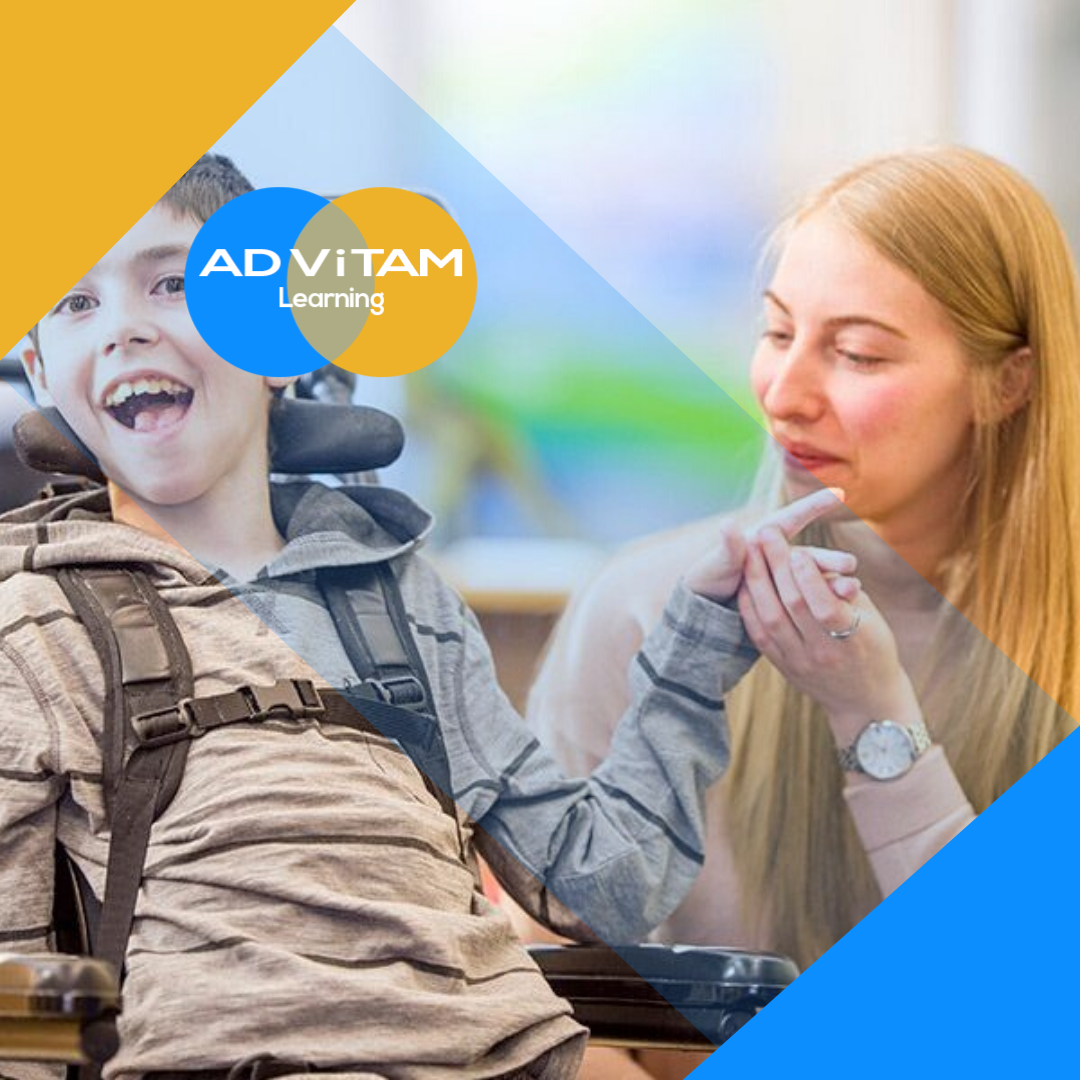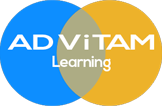Description
Cerebral Palsy | Level 2 | Online Training Course | CPDUK Accredited | Instant Course Access | Includes Assessment & Certificate | Instant Certificate Download.
Welcome to our online Cerebral Palsy training course for front-line healthcare and social care providers.
This online course was developed in line with the latest UK legislation and meet the requirements set out by the National Health Service (NHS), UK Core Skills Training Framework (CSTF), the Care Quality Commission (CQC), Skills for Care, Health and Safety Executive (HSE) and other professional and regulatory bodies.
Certificate duration: 2 years
Entry requirements: No entry restrictions
Recommended prerequisites: N/A
Assessment type: End of course assessment
Assessment pass mark – 80% needed to pass and gain a CPD certificate
Cost(s) of assessment and certification – All costs included in the course price
Awarding/Accrediting body – CPD Certification Service (CPDUK)
Who is the course for?
This online Cerebral Palsy training course is aimed at health and social care staff who may:
- Be new to cerebral palsy care, for example, rotational staff or those new in post,
- Wish to refresh/extend their existing cerebral palsy knowledge and skills,
- Be community-based with a mixed pathology caseload including cerebral palsy, and
- Have limited access to other cerebral palsy specific training.
The comprehensive Cerebral Palsy training course may also be accessed by patients, carers and other members of the general public.
What is covered in this course?
This online Cerebral Palsy training course covers the following:
- Introduction
- Why is cerebral palsy awareness training essential?
- UK cerebral palsy and disability statistics
- Impacts of cerebral palsy
- Relevant legislation
- What is cerebral palsy?
- Types of cerebral palsy
- Hemiplegia and diplegia
- Monoplegia and quadriplegia
- Cerebral palsy life expectancy
- Cerebral palsy complications
- Symptoms of cerebral palsy
- Causes of cerebral palsy
- Cerebral palsy diagnosis
- Treatment of cerebral palsy
- Care planning and record-keeping
- Physiotherapy interventions
- Occupational therapy interventions
- Speech therapy
- Medications
- Swallowing difficulties
- Surgery
- Living with cerebral palsy
- Optimising life expectancy outcomes
- Person centred-care
- Care plan goals
- Symptom management
- Getting additional help and support
- Other resources and references
Course aims
This online Cerebral Palsy training course aims to help people examine their understanding and the beliefs of society as a whole with regards to this condition.
Learning outcomes
On completion of this online Cerebral Palsy training course, you will be able to:
- Explain what cerebral palsy is
- Describe the different types of cerebral palsy
- Identify what causes the condition and when it occurs
- List the secondary conditions and impairments that may be associated with cerebral palsy
- Understand the benefits to all concerned of an early diagnosis
- Explain what is meant by the medical and social models of disability
- Choose the more effective model for the support of people with cerebral palsy
- Understand how physical therapists play an essential role in a person’s support network
- Define MDVI and suggest ways of helping and reassuring people with visual impairments
- Describe person-centred planning and outline its benefits
- Understand people’s rights in terms of communication
- Identify ways of helping people to communicate based on their capabilities
- Describe augmentative and alternative methods of communicating
- Explain what communication books, passports and VOCAs are
- Understand the importance of the legislation which protects and supports people with disabilities.
What is cerebral palsy?
Cerebral palsy is the name for a group of lifelong conditions that affect movement and coordination, caused by a problem with the brain that occurs before, during or soon after birth.
Why is online cerebral palsy training essential?
Cerebral palsy affects around 1 in every 400 UK children and is associated with communication and learning difficulties, as well as problems with movement. Learners who complete this course will learn about cerebral palsy in people of all ages, and the many different physical, emotional and psychological effects which it can have. The training fulfils guidelines recommended by the CQC and provides delegates with the understanding they need to support and encourage individuals with this condition.








